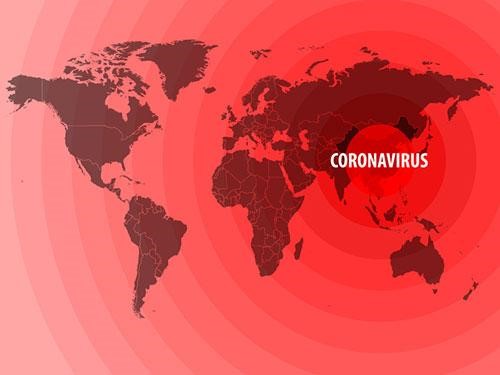The still-evolving coronavirus outbreak has already disrupted trade and economic performance both regionally and globally, with a major negative impact stemming from the fact that many of the world’s supply lines start with China.
China accounts for almost one-fifth of world manufacturing and Chinese intermediary products are predominant in the electronics, car, machinery and textile sectors. Subtracting Chinese inputs from these supply chains has, in some instances, caused production to grind to a halt, and equally affects those countries which supply components to China’s shut factories.
In evaluating a future beyond COVID-19, China’s commercial instability during the global crisis has become a point of contention among industry and trading partners. Japan has found China to be a volatile trade ally and it is taking measures to ensure a future that’s less dependent on Chinese economic influence. Canada and the US might follow suit.
Even before the arrival of Covid-19, the trade war was creating difficulties for China, not just with the US, but also the EU. The threat of tariffs, coupled with the fact that their competitors are sourcing elsewhere, has forced European corporations to revisit their mature supply chains. In what appears to be an ironic twist, COVID-19 presents the opportunity many businesses have been looking for to justify a move away from the production behemoth. If there was ever a moment to change what a trading relationship with China looks like, now would be the time to do it.
Purposefully “changing horses midstream†during a global crisis is an ambitious move. If countries like Australia, Japan, the US and Canada want to find an alternative to being as reliant on China as they have been in the past, it won’t be without some pain. Yet such a diversification of the global supply chain would create ample opportunities for corporate investors, and give a shot in the arm to alternative markets in countries like Vietnam, Cambodia and Bangladesh, and even Romania and Portugal.
Australia appears to be at odds with the US inasmuch as we have supported the reduction of tariffs and trade barriers, and there is no reason for us to change our policy, especially with our geographical Asian neighbours. The current environment may lead to more manufacturing being done here at home, particularly for medical supplies, and perhaps sourcing more of our imported products from countries in our region – other than China.
Colless Young will continue to issue regular updates on the effects on international trade and shipping as a result of COVID-19. As licensed Customs Brokers and International Freight Forwarders, we offer you correct, professional advice on all your import and export shipping needs. We handle cargo at all major ports and airports around Australia.

